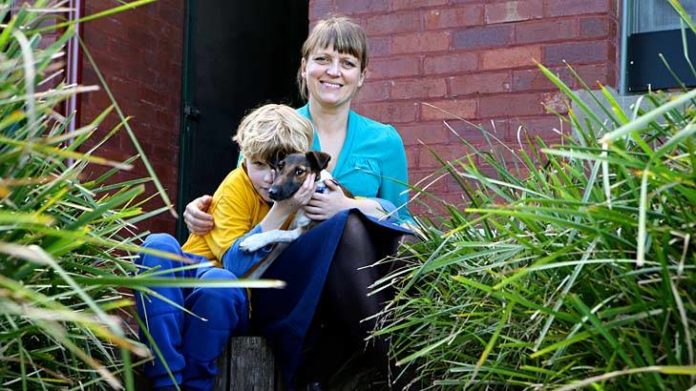
For women with a BRCA 1 or 2 gene mutation, surgery to remove their ovaries can be a life-saver.
The surgery reduces ovarian cancer risk by 80 per cent and breast cancer risk by 50 per cent in women who carry the mutation.
But Royal Women’s Hospital obstetrician and gynaecologist Martha Hickey said not enough was known on the consequences of the surgery – which could include sexual dysfunction, hot flushes and sweats, bone thinning and increased risk of heart disease.
Professor Hickey said more women were discovering that they were carriers of the mutation and high-profile cases, including that of Angelina Jolie, were raising awareness about preventive surgery.
Jolie, a BRCA 1 carrier, went public about her decision to have a preventive double mastectomy and has said she is contemplating preventive ovarian surgery.
Professor Hickey said many women opted for surgery to remove their ovaries and fallopian tubes because, unlike breast cancer, there were no screening tests for ovarian cancer, which had a very poor survival rate.
But she said doctors needed better information about the risks and benefits of the ovarian surgery, to help their patients make informed choices and provide appropriate healthcare afterwards.
The information gap has led Professor Hickey to embark on a study to look at the surgery’s impact on about 200 Australian women aged between 18 and 50, in a bid to help doctors offer accurate and evidence-based advice to women contemplating surgery in future.
Professor Hickey said the lack of data was surprising given surgery to remove ovaries was a common procedure in Australia and abroad.
It is estimated that one in 800 Australian women carry a BRCA 1 or 2 gene mutation. About 65 per cent of women who know they are carriers will choose to have preventive ovarian surgery. Ovaries can be removed for other reasons, including in a hysterectomy.
Among those taking part in the study is Polly Bastow, 46, who had preventive ovarian surgery in February after her mother Eleanor was diagnosed with ovarian cancer three years ago.
Her mother has since recovered but doctors found she had the BRCA 2 gene mutation, prompting Ms Bastow to have genetic testing, which confirmed she also had it.
”Once you find out you have the gene they offer you the surgery and you have to weigh the pros and cons,” she said.
”The main issue is that you are catapulted into menopause fairly suddenly and I was worried it could lead to depression or terrible hot flushes … I joined the study because that information was fairly lacking, but so far I’ve been pleasantly surprised. I get hot flushes, which are slightly weird, but it’s a small price to pay for having greatly reduced my odds of getting ovarian cancer.”
Professor Hickey said she was looking to recruit pre-menopausal women with the BRCA 1 or 2 gene who were considering having preventive ovarian surgery.
Anyone interested can phone the hospital on 8345 3719 or email gynaecology.research@thewomens.org.au
